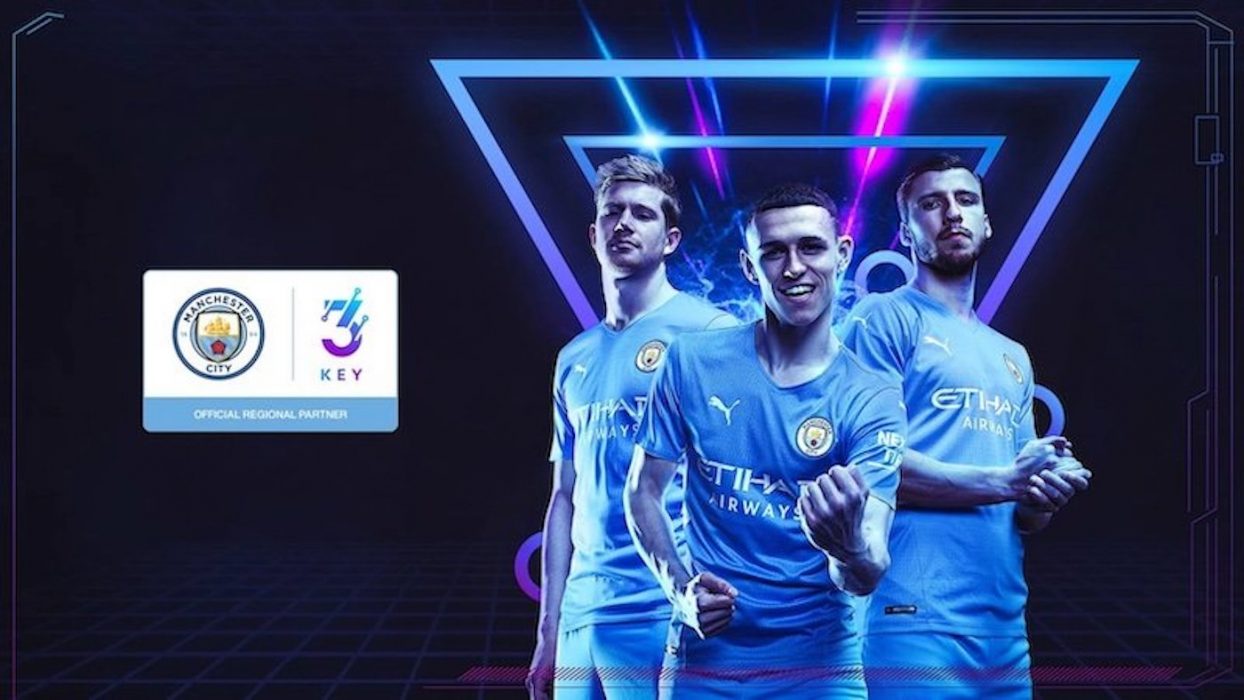A US federal jury has found that Australian businessman Craig Wright – who not only credits himself as the inventor of Bitcoin but also claims to be Satoshi Nakamoto, its pseudonymous creator – owes US$100 million in compensatory damages to a company founded by his former friend and associate, the late Dave Kleiman.
Wright testified that Kleiman had helped him edit a white paper that explained the foundation of Bitcoin, but he insisted the two weren’t business partners. Kleiman died in 2013, and his brother Ira brought the federal civil lawsuit on behalf of Kleiman’s estate and the company he founded, W&K Info Defense Research.
“I feel remarkably happy and vindicated,” Wright said after the verdict was announced. “I am not a fraud, and I never have been.” He added that he had offered Kleiman’s estate “US$12 million many years ago, which if [they] had taken then in bitcoin, when it was $200, and kept it – you can do the math”.
Asked to comment specifically on the verdict against W&K, Wright said it means that “I owe my ex-wife more money” – referring to the fact that Ira Kleiman’s control of W&K is being challenged in a county court. Both Wright’s ex-wife and current wife claim to control a third of W&K and are suing Ira Kleiman, alleging he didn’t have authority to bring the federal suit. Those cases have been on hold pending the outcome of the federal suit.
Case Sets Historical Crypto Precedent
Vel Freedman, representing the plaintiffs, also approved of the verdict: “We just won $100 million!” Though a long way short of what he’d sought – up to $36 billion for the value of bitcoin in dispute, $126 billion for intellectual property and $17 billion in punitive damages – Freedman said the verdict set “a historical precedent in the innovative and transformative industry of cryptocurrency and blockchain”.
What follows is an edited extract of the joint statement released by Freedman and his legal colleagues:
We are immensely gratified [this verdict reflects] that Craig Wright wrongfully took bitcoin-related assets from W&K. Years ago, Wright told the Kleiman family that he and Dave Kleiman developed revolutionary Bitcoin-based intellectual property. Despite those admissions, Wright refused to give the Kleimans their fair share and instead took those assets for himself.
Vel Freedman, Roche Freedman
Earlier this year, the London High Court granted a default judgment in Wright’s favour for copyright infringement against “Cøbra”, the pseudonymous operator and publisher of the bitcoin.org website. Wright had sued Cøbra for unlawfully publishing the Bitcoin whitepaper “Bitcoin: A Peer-to-Peer Electronic Cash System”.
Aside from legal costs, the order required that “Cøbra” remove the whitepaper and put a notice on its website informing visitors of the default judgment for a period of six months. That deadline elapses at the end of December.
As for the default judgment itself, to the order of US$48,400, it’s not clear if Wright offered to share the spoils with the Kleiman estate. In any case, the $100 million in compensation won this week makes it look like pocket change.















